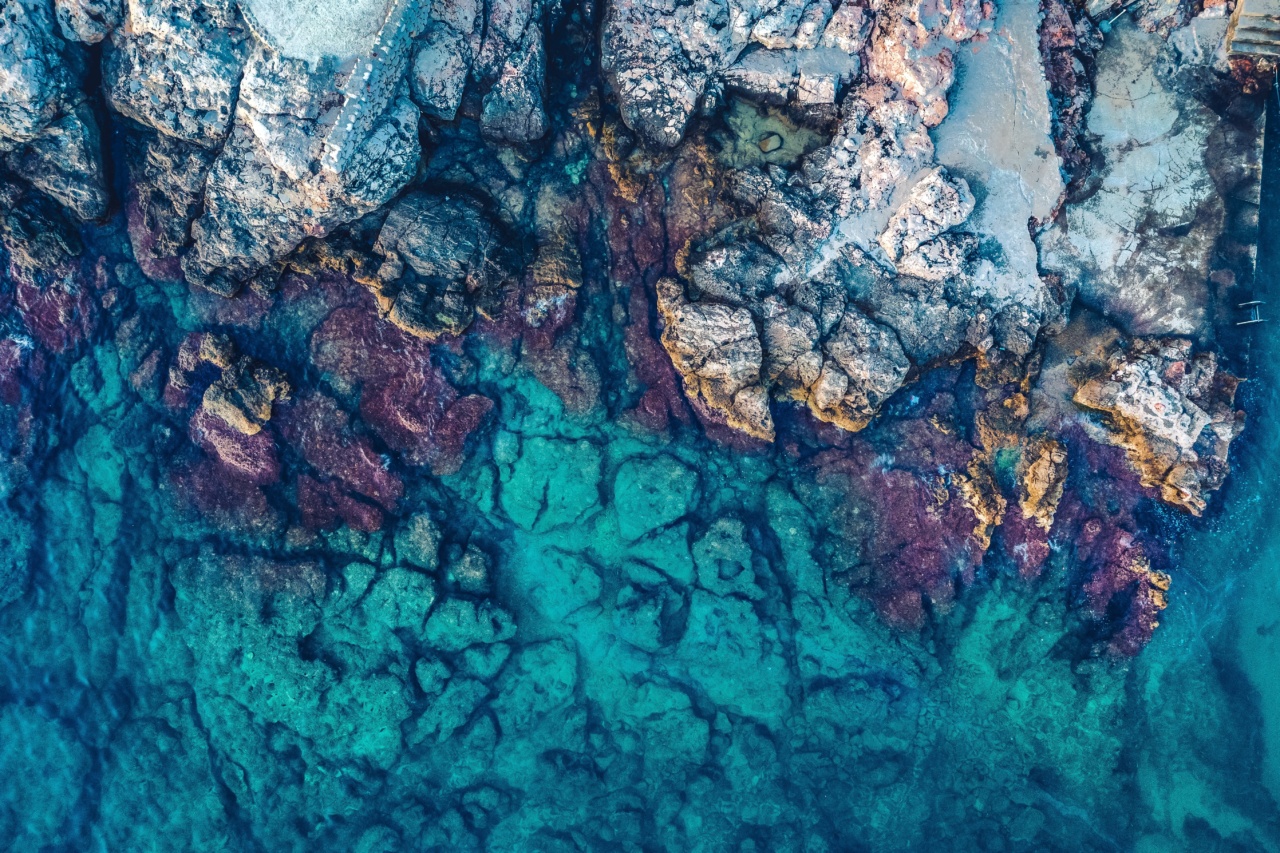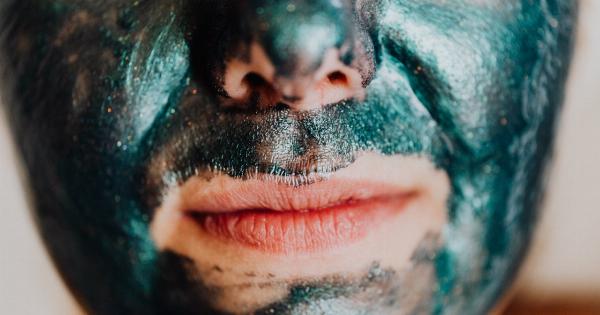Beautiful and glowing skin is the dream of every individual. However, maintaining clear and healthy skin can be a real challenge, especially with our lives becoming more fast-paced and stressful.
One of the main factors that affect the quality of our skin is the kind of food we consume. Not paying enough attention to the food we eat can lead to inflammation, breakouts, and other skin problems.
Therefore, in order to achieve clear skin, one must avoid certain foods that can trigger inflammation and acne. Here is a list of the top foods to avoid if you want a clear and radiant skin:.
1. Dairy Products
Dairy products such as milk, cheese, and yogurt are one of the major culprits when it comes to skin problems. This is because dairy products contain hormones that can trigger inflammation and lead to acne.
Additionally, the high sugar content in these products increases insulin production, which can lead to the production of sebum, causing oily skin and clogged pores.
2. Sugar
Sugar is a major cause of inflammation in the body, which can lead to skin problems such as acne, wrinkles, and dull skin.
Eating too much sugar causes glycation in the body, which damages the collagen and elastin in the skin, leading to premature aging.
3. Processed Foods
Processed foods such as fried foods, candies, and chips contain high levels of refined carbohydrates, which can increase insulin levels in the body. This leads to increased sebum production and clogged pores.
Additionally, these foods are high in salt, which can cause inflammation and puffiness in the skin.
4. Alcohol
Alcohol is known to dehydrate the body, including the skin. This can lead to a lack of moisture and elasticity, making the skin appear dull and wrinkled. Additionally, alcohol can cause inflammation in the skin, leading to acne breakouts and redness.
5. High Glycemic Index Foods
High glycemic index foods such as white bread, pasta, and rice can cause a rapid increase in insulin levels in the body. This can lead to an increase in sebum production and clogged pores, resulting in acne breakouts and oily skin.
6. Spicy Foods
Spicy foods can cause inflammation in the body, leading to swelling, redness, and acne breakouts. Additionally, spicy foods can cause the skin to become more sensitive to sunlight, leading to sun damage and premature aging.
7. Caffeine
Caffeine is a diuretic, which means it dehydrates the body and the skin. Dehydration can lead to a lack of moisture and elasticity, making the skin appear dry and wrinkled.
Additionally, caffeine can cause inflammation in the skin, leading to acne breakouts and skin irritation.
8. Gluten
Gluten is a protein found in wheat, barley, and rye. It is known to cause inflammation in the body, leading to skin problems such as acne, rosacea, and eczema.
Additionally, gluten can cause the skin to become more sensitive to sunlight, leading to sun damage and premature aging.
9. Fried Food
Fried foods contain high levels of fat, which can increase sebum production and clogged pores, leading to acne breakouts. Additionally, these foods are often high in salt, which can cause inflammation and puffiness in the skin.
10. Soy
Soy contains phytoestrogens that can mimic the hormone estrogen in the body. This can cause hormonal imbalances and lead to skin problems such as acne and oiliness.
Additionally, soy contains high levels of phytic acid, which can interfere with the absorption of minerals in the body that are essential for healthy skin.
Avoiding these foods and adopting a healthy and balanced diet can do wonders for your skin. By incorporating foods that are rich in vitamins, minerals, and antioxidants, you can achieve clear, healthy, and radiant skin.



























